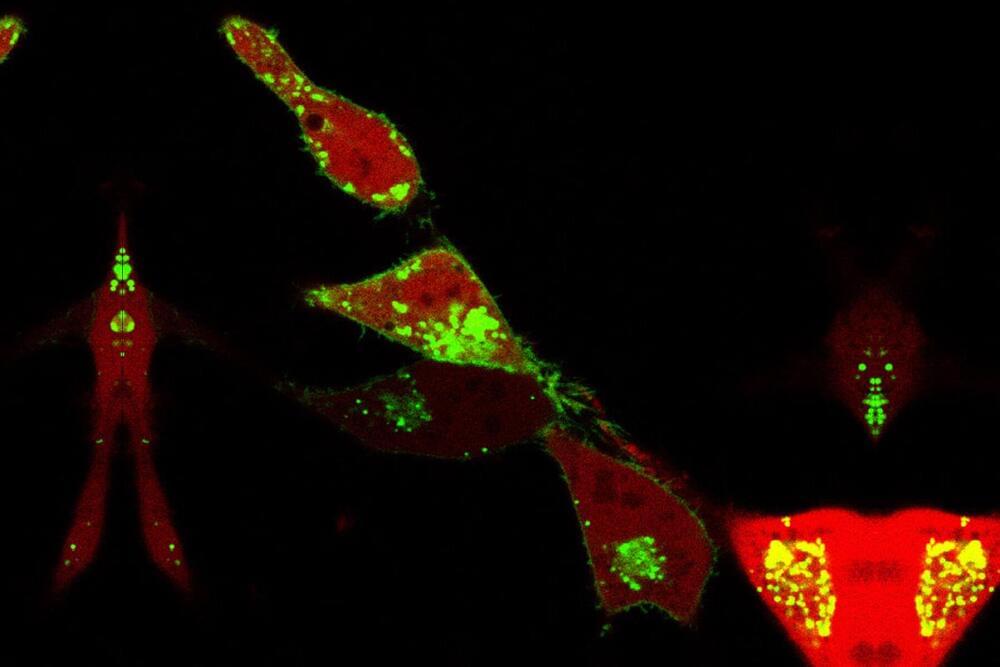Their findings, published in a Cell Reports paper titled “Palmitoylation and PDE6δ regulate membrane-compartment-specific substrate ubiquitylation and degradation,” have implications for developing new therapies.
Lead author Shafi Kuchay, assistant professor of biochemistry and molecular genetics in the College of Medicine and member of the University of Illinois Cancer Center at UIC, said that most common drugs work by targeting proteins that are located at the membranes of cells. Many of these proteins can cause diseases by being overly active. Unfortunately, most currently available drugs just block the activity of the harmful proteins, and while they are helpful in the short term, resistance to the drugs can develop over time.









Comments are closed.